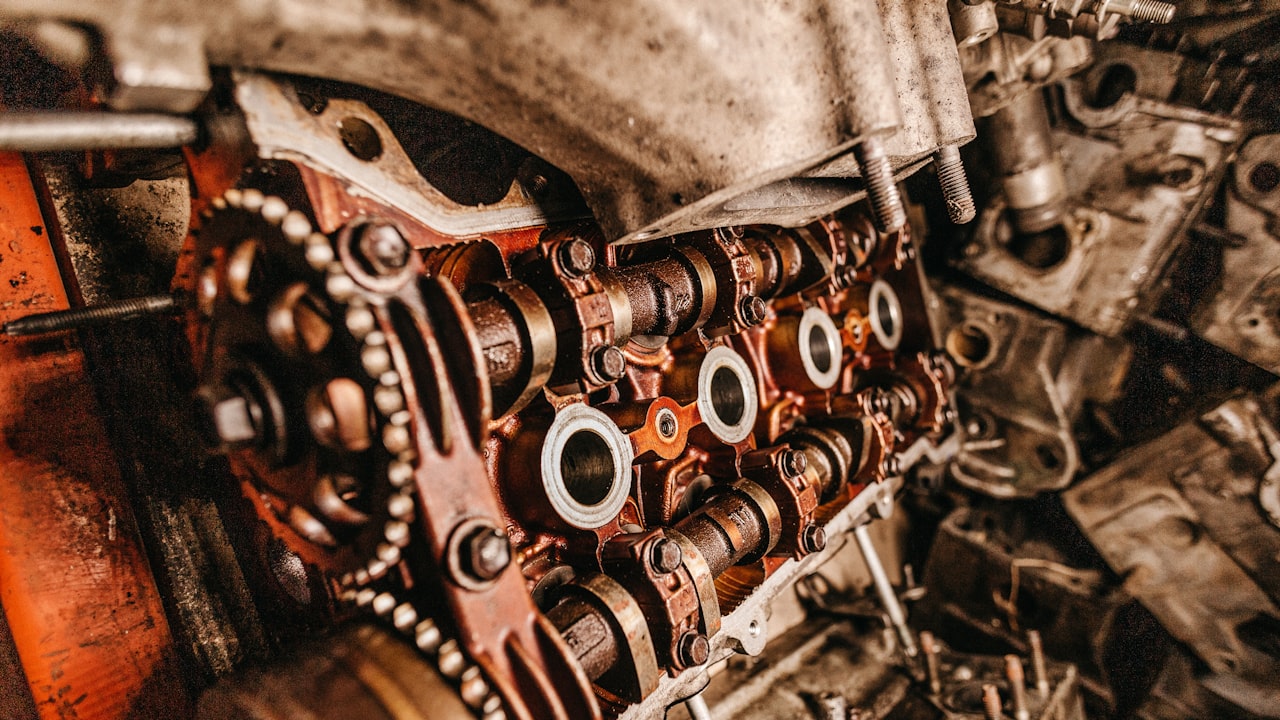 Title: The Evolution of Pharmaceutical Machinery: Innovations and Impact
Title: The Evolution of Pharmaceutical Machinery: Innovations and Impact
Over the years, the pharmaceutical industry has witnessed significant advancements in technology, particularly in the development of pharmaceutical machinery. Machinery such as table press machines and capsule filling machines has revolutionized the way medications are manufactured, improving efficiency and precision in the process.
Table press machines, also known as tablet presses, are essential equipment in the pharmaceutical industry. These machines are used to compress powdered ingredients into tablets of uniform size and shape. The evolution of table press machines has seen the development of advanced models such as the TDP (Tablet Press) and THDP (High-Speed Tablet Press), which offer higher production capacities and improved accuracy in tablet formation.
The TDP series of table press machines are widely used in pharmaceutical manufacturing for their reliability and performance. These machines are capable of producing large quantities of tablets with precise specifications, meeting the strict quality standards required in the industry. With features such as adjustable compression force and speed control, TDP machines offer flexibility in production processes, allowing pharmaceutical companies to tailor their tablet formulations according to specific requirements.
On the other hand, THDP machines are designed for high-speed production, catering to the demand for increased efficiency in pharmaceutical manufacturing. These machines can produce a large number of tablets in a short amount of time, making them ideal for mass production scenarios. The advanced technology used in THDP machines ensures consistent tablet quality and minimizes variations in weight and thickness, contributing to the overall effectiveness of the manufacturing process.
In addition to table press machines, capsule filling machines have also played a crucial role in the evolution of pharmaceutical machinery. These machines are used to fill empty capsules with powdered or granulated medication, providing an alternative dosage form for patients who have difficulty swallowing tablets. The development of automated capsule filling machines has greatly improved the speed and accuracy of the capsule-filling process, reducing the risk of human error and contamination.
Overall, the innovation and advancement of pharmaceutical machinery, including table press machines and capsule filling machines, have had a significant impact on the pharmaceutical industry. These machines have improved production efficiency, ensured product quality, and facilitated the development of a wide range of medications to meet the diverse needs of patients worldwide. As technology continues to evolve, we can expect further advancements in pharmaceutical machinery that will drive the industry towards greater efficiency and innovation.





